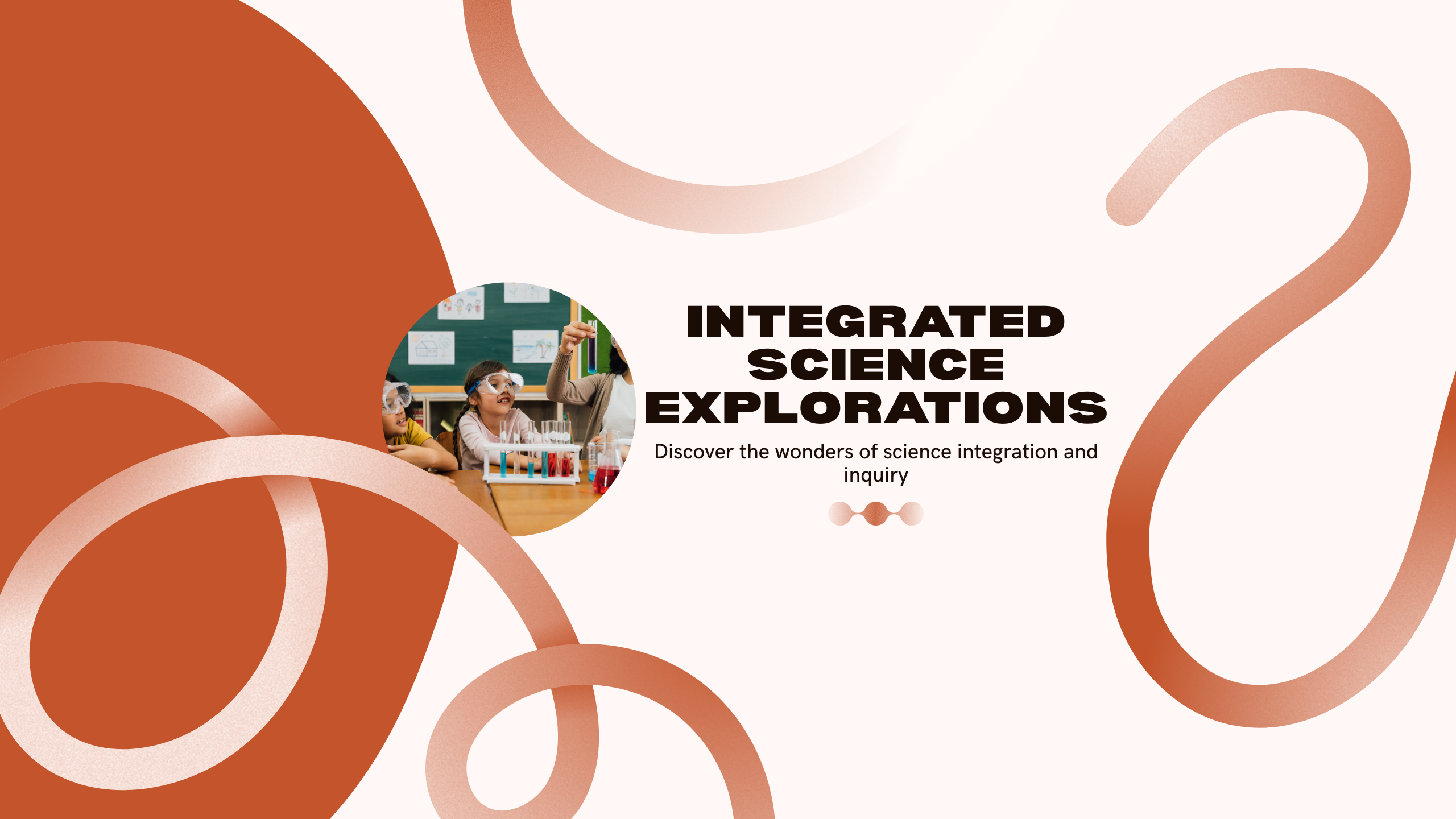
The Grade 7 Integrated Science course in Jamaica's National Standard Curriculum (NSC) is designed to develop students' scientific knowledge, skills, and attitudes through hands-on, inquiry-based learning. The curriculum is structured around key themes and units taught over three terms, emphasizing real-world applications and problem-solving.
Course Structure and Themes
The course includes units such as "Working Like a Scientist," "Matter," "Cells and Organisms," "Energy," "Plant Reproduction," "Sexual Maturity, Reproduction and Personal Hygiene," "Sexually Transmitted Infections and Drugs," and "Climate Change."
It integrates scientific knowledge with practical skills, such as using the scientific method, engaging in investigations, and carrying out projects that consider environmental and ethical implications.
The curriculum promotes the use of technology for communication, research, critical thinking, and decision-making, aligning with 21st-century skills.
Scientific concepts are introduced with an emphasis on observation, classification, experimentation, and data presentation.
Attainment Targets and Objectives
Students learn to apply scientific knowledge to solve real-world problems.
They develop skills in scientific inquiry, including designing and conducting experiments and communicating results effectively.
The curriculum encourages a positive attitude towards science, ethical considerations, safety, curiosity, objectivity, and respect for diverse perspectives.
Example Topics and Skills
Understanding and classifying matter in different states.
Examining cells as basic units of life.
Exploring energy sources, including renewable and non-renewable energy.
Studying human reproduction, personal hygiene, and health-related issues.
Addressing environmental issues such as climate change.
This curriculum aims to build a solid foundation in integrated science while fostering students' ability to think critically, work collaboratively, and apply science knowledge in everyday life and future studies.